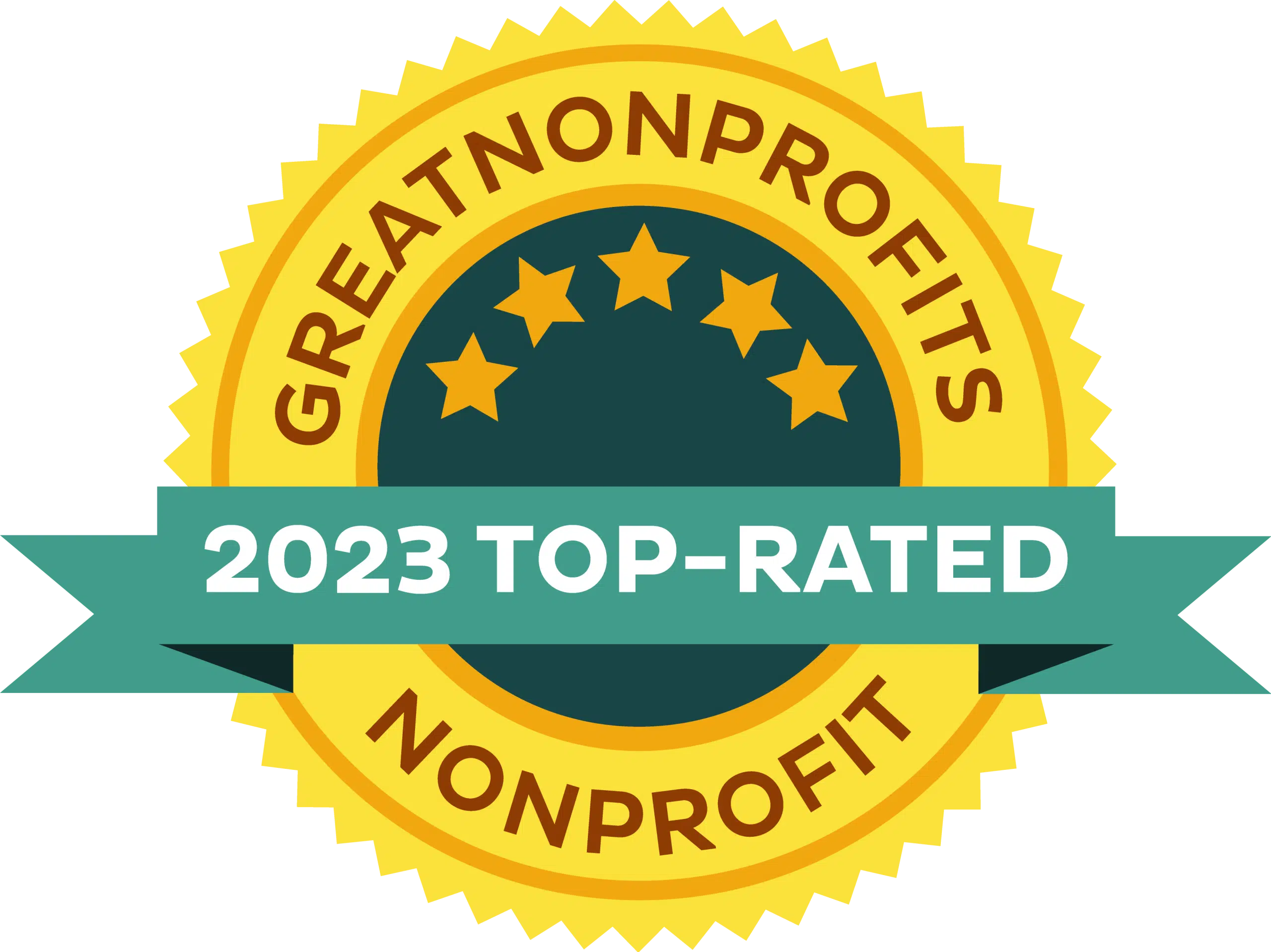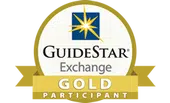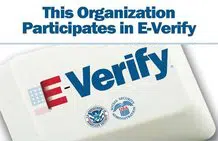Education and Culture Travel Grants
Frequently Asked Questions

After reading through the FAQs below, do you still not see an answer to your question? Use the Inquiry Form here, and we’ll get back to you as soon as possible.
Interested in applying for an Education and Culture travel grant? Learn about the application process, application writing tips, and important eligibility requirements, as well as hear from alumni in the following sessions live (in English) or recorded:
- Informational and Networking with Potential Travel Grant Hosts and Travelers: A Roadmap to Professional Exchange – January 2024 – Watch the recording (30 minutes) and view the slides
-
Goal Setting Strategies for Travel Grants: Roadmap to Professional Exchange – Watch the recording (30 minutes)
Join member Dawn Wooten and others from across the Western hemisphere for a virtual session to learn about and practice SMARTIE goal setting (Strategic, Measurable, Achievable, Relevant, Time-bound, Inclusive, and Equitable). This interactive experience will empower you to align your professional exchange aspirations with program objectives, fostering impactful connections and enhancing your grant application’s success. Join us to master the art of goal setting and unlock unparalleled opportunities for cross-continental collaboration and professional growth.
- Travel Grant Alumni Panel 2023 – Watch the recording
Ready to apply? Apply here!
General
1. What is the Education and Culture Program?
The Education and Culture Program connects people and institutions and supports small projects that promote service in the community and enhance cross-cultural understanding and cooperation between the United States, Latin America, and the Caribbean. The Education and Culture Program is sponsored by the U.S. Department of State with funding provided by the U.S. Government and administered by Partners of the Americas (POA). Partners of the Americas established the program in 1983.
2. What is an Education and Culture Program travel grant?
Partners of the Americas competitively awards approximately 30 travel grants per year (2 application cycles) through our Education and Culture Program. The travel grants support international travel for qualified individuals to visit and build their professional relationship with Partners of the Americas Chapters and organizational members, and to collaborate on areas of mutual interest in accordance with U.S. Department of State priority areas.
3. What are objectives of the Education and Culture Program Travel Grants?
Applications must align with the following objectives:
- Civil Society Engagement
- Diversity, Equity, Inclusion, and Accessibility (DEIA)
- Environmental Protection and Resilience
- Inclusive Economic Growth and Entrepreneurship
- Language Learning/Language Teaching
- Leadership Capacity Building
- Media Literacy/Countering Disinformation
Topics for travel can be broader, such as art and culture, however, they must still support at least one of the objectives listed above, which will be outlined in the application.
4. What are the benefits of receiving a Travel Grant?
- Learn and experience a new culture
- Grow your professional network with international peers
- Develop new skills (intercultural and technical skills)
- Receive recognition as U.S. Exchange Alumni and opportunity to access funding and additional resources
- Enhance your knowledge to share with your chapter and community
5. What are the roles and responsibilities of Partners of the Americas, hosts, and travelers?
|
Partners of the Americas
|
Hosts
|
Travelers
|
6. What is the timeline from applying for a grant to returning home?
Depending on the traveler’s approved travel dates, the timeline for applying for a grant to returning home could be between six and nine months.
7. What is a traveler expected to do after they return with the experience and knowledge gained on the trip?
Upon returning home, travelers are expected to meet with their Chapter/organizational member and share the knowledge and experience that they attained during their visit as broadly as possible in their communities. They are also required to complete and send a Trip Report and an Expense Report within 30 days after the completion of travel. If not submitted, the traveler must reimburse the cost of their trip.
8. When our Chapter believes that it is desirable for two travelers to make a trip at the same time for the same purpose, will the Education and Culture Program fund both?
POA will accept up to two applications for the same activity/agenda per cycle from each sending Chapter/organizational member. This program aims to award Travel Grants to as many Chapters as possible. It also believes that an individual traveler should be able to effectively share the experience and knowledge with others in the Chapter upon returning home.
9. If a traveler wishes to attend a Partners of the Americas event such as the What Works Conference, will the Education and Culture Program fund such a trip?
Travelers may include participation in the What Works Conference in their plan for travel. The traveler must also make a professional visit to the Host Chapter/organizational member of at least eight days (without counting the days of travel) immediately en route to or from the Partners of the Americas event.
10. What expenses does a Travel Grant cover?
The Travel Grant covers round-trip airfare and a flat amount for meals and incidentals (no receipts are required) regardless of the destination or length of travel based on the average USG per diem rates for 1-2 meals per day in various cities/towns. This is USD$350 for travelers to the United States and USD$400 for travelers to Latin America and the Caribbean. In addition, this program will cover expenses incurred for round-trip transportation for the J-1 visa interviews, as well as the cost of and entry visas, taxis to/from the airport, and luggage fees up to USD$250. Receipts are required.
11. Do travelers receive travel insurance?
Approved travelers will be enrolled in the U.S. Department of State Accident and Sickness Program for Exchanges (ASPE) – https://www.sevencorners.com/gov/usdos
12. What type of visa do I need?
- Latin American and Caribbean Citizens – A J-1 Visa will be required to enter the United States and participate in your Travel Grant experience. POA will provide you with information on the application process.
- U.S. Citizens – Visas may vary depending on your destination country. You will be responsible for obtaining your visa and can submit visa costs for reimbursement after your trip.
13. Will the Education and Culture Program fund a trip to support technical training?
No. The Education and Culture Program distinguishes between educational and cultural exchanges and technical training. The former is defined by the program as broadening horizons, bringing out latent capabilities, and persuading changes in attitudes or behavior, especially regarding diversity. Training is defined as efforts to improve one’s skills usually by drill or demonstration.
14. Why does the Education and Culture Program require homestays and not pay for hotels?
Homestays have proven to be the most effective means of giving travelers an intensive cross-cultural experience, which is a vital part of the program.
15. What should travelers and hosts know about COVID-19 and the Education and Culture Program?
- Travelers must abide by local guidelines and entry requirements, such as testing and masking. Hosts should communicate with travelers to better understand the local situation regarding COVID. Travelers and hosts should respect each other’s concerns for safety. Safety of travelers, hosts, and the community are top priority.
- If a traveler tests positive, they must notify the Partners of the Americas home office ASAP, who will work with the local host to access quarantine resources (private room, food, medical attention, etc.)
Competition Eligibility
1. What are the eligibility requirements?
- Travel must happen to one or more Partners of the Americas Chapters or organizational members – between the United States and one of the countries listed below.
- Is an active member of Partners of the Americas in a Chapter, Higher Education Institution, or Organizational Member
- Is at least 18 years old at the time that the application is submitted
- Has a valid passport for six months post-travel at the time of applying
- Submits a complete application, with all required documents, by the application deadline
- Is a citizen of the country where they reside (For example, a traveler from the U.S. must be a U.S. citizen). It must be one of the following countries:
- Antigua and Barbuda
- Argentina
- Bahamas
- Barbados
- Belize
- Bolivia
- Brazil
- Chile
- Colombia
- Costa Rica
- Cuba
- Dominica
- Dominican Republic
- Ecuador
- El Salvador
- Grenada
- Guatemala
- Guyana
- Haiti
- Honduras
- Jamaica
- Mexico
- Nicaragua
- Panama
- Paraguay
- Peru
- Saint Kits and Nevis
- Saint Lucia
- St. Vincent and the Grenadines
- Suriname
- Trinidad and Tobago
- the United States
- Uruguay
- Venezuela
- If traveling to the U.S. for J-1 Visa:
- Is committed to returning to their country of residence after completion of the program;
- Is proficient in spoken and written English at the time of application; and
- Is able to receive a U.S. J-1 visa
Applicants in the following circumstances are NOT eligible to apply for travel grants:
- (For travel from the U.S.) Permanent residents of the United States (All travelers must be a citizen of the country of residence);
- (For travel to the U.S.) Spouses of U.S. citizens and/or permanent residents of the United States;
- Travel for spouses or dependents of travelers
- Individuals participating in academic, training or research programs in the United States at the time of application if applying to travel to the United States (visa versa);
- Individuals residing or working outside their countries of citizenship at the time of application;
- Individuals who have participated in an exchange visitor program sponsored or funded by the U.S. Government (e.g., U.S. Department of State, Public Affairs Sections of U.S. Embassies or other U.S. Government agencies) who have not fulfilled their two-year home residency requirement by the time of application;
- Individuals who have applied for U.S. permanent residency in the past three years;
- Local employees of the U.S. missions abroad who work for the U.S. Department of State or the U.S. Agency for International Development are ineligible for grants during the period of their employment and for one year following the termination of employment;
- Immediate families (i.e., spouses and dependent children) of U.S. Department of State and U.S. Agency for International Development employees for a period of one year following the termination of such employment. This provision does not disqualify self-supporting members of families who live apart from their parents or guardians.
2. Who can travel? Do I have to be a member of a Partners of the Americas Chapter?
The traveler does not need to be a member of a Partners of the Americas Chapter or Organizational Member. The receiving entity/host must be in good standing with its Partners of the Americas membership. It is required that every traveler have a PartnersConnect account/profile.
3. Who can be a host? Do I have to be aPartners of the Americas Chapter?
The host must be a POA Chapter, POA affiliated higher education institution, or POA affiliate organization. The host must be able to offer support to the traveler before, during, and after the travel grant.
4. Do I need to be fluent in English to be eligible?
Travelers must have proficiency in spoken and written English at the time of application.
5. Are there age restrictions for travelers?
Yes. Travelers must be at least 18 years old at the time that the application is submitted.
6. If I received an Education and Culture Program Travel Grant in a previous round, am I eligible to re-apply?
Yes, but only five years after your last grant. Priority will be given to new travelers. If you are a non-U.S. citizen, you must abide by the J-1 Visa two-year residency requirement.
The Education and Culture Travel Grant aims to promote access to inclusive exchange opportunities for members across the Partners of the Americas network. For that reason, the Education and Culture Program prioritizes travelers who have not traveled with a travel grant before.
7. Do U.S. Embassies in the home or host countries need to approve travel?
Yes, your online application will be reviewed by the Partners of the Americas Home Office as well as representatives from the U.S. Department of State, including those from U.S. Embassies. During the review process, travel must be approved by the Public Affairs Section (PAS) of the respective U.S. Embassy. This is to ensure that PAS supports your professional travel goals and can support the visa application process. Partners of the Americas Home Office will be in direct communication with the U.S. Embassies.
As there are many stakeholders reviewing and providing feedback on applications, the review process takes about four – six weeks. A J-1 visa may take another 9 weeks to process.
Application Questions
1. What resources are there to help with my application?
- Sample Agenda and Agenda Template
- Informational Webinars
- Education and Culture Program team
- Alumni
2. If I apply for a travel grant, am I guaranteed to receive approval?
No. The selection process for travel grants is competitive. Aligning your application with travel grant objectives listed above and submitting a clear, comprehensive application will provide you with the best opportunity for success.
Keep in mind that your application will be reviewed by Partners of the Americas, a review committee, the U.S. Department of State, and the U.S. embassy in your home/host country.
3. Why does the application ask about my identity?
This information is not shared with the review committee. Partners of the Americas is committed to ensuring that we reach individuals and communities from a diverse array of backgrounds. The information collected about your identity is used for general data purposes and to help strengthen impact and outreach. You may select “I do not wish to respond.” Regardless of your answers, it will not be shared in the review process and will not impact the decision.
4. What are tips for creating an agenda?
Submit an agenda at its most final version. Partners of the Americas recognizes that there may be changes to details such as dates and locations; however, having a complete agenda will help tell the story of your trip. For any visits that may require collaboration with another organization, feel free to reach out to them about whether a visit would be possible.Your agenda should show the reviewer how your activities connect to your goals.
Building a Travel Partnership
1.How do I build a team/connect with a potential host/traveler?
Use resources such as your local Chapter’s contacts to begin. Log in to PartnersConnect and search for Chapters abroad in locations to which you are interested in traveling and send a message to connect and chat about potential travel. You may also see a list of interested hosts here.
Note, eligible hosts are any Chapter/organizational member in the eligible countries. This list is those who demonstrated interest and completed a form. You can read more about all of our Chapters here.
Note that travel should be a professional exchange, rather than a complete vacation. Travelers and hosts should work together on building an agenda that aligns with the travel’s goals.
|
|
The Education and Culture Program is sponsored by the U.S. Department of State and implemented by Partners of the Americas in partnership with the Bureau of Educational and Cultural Affairs. |




